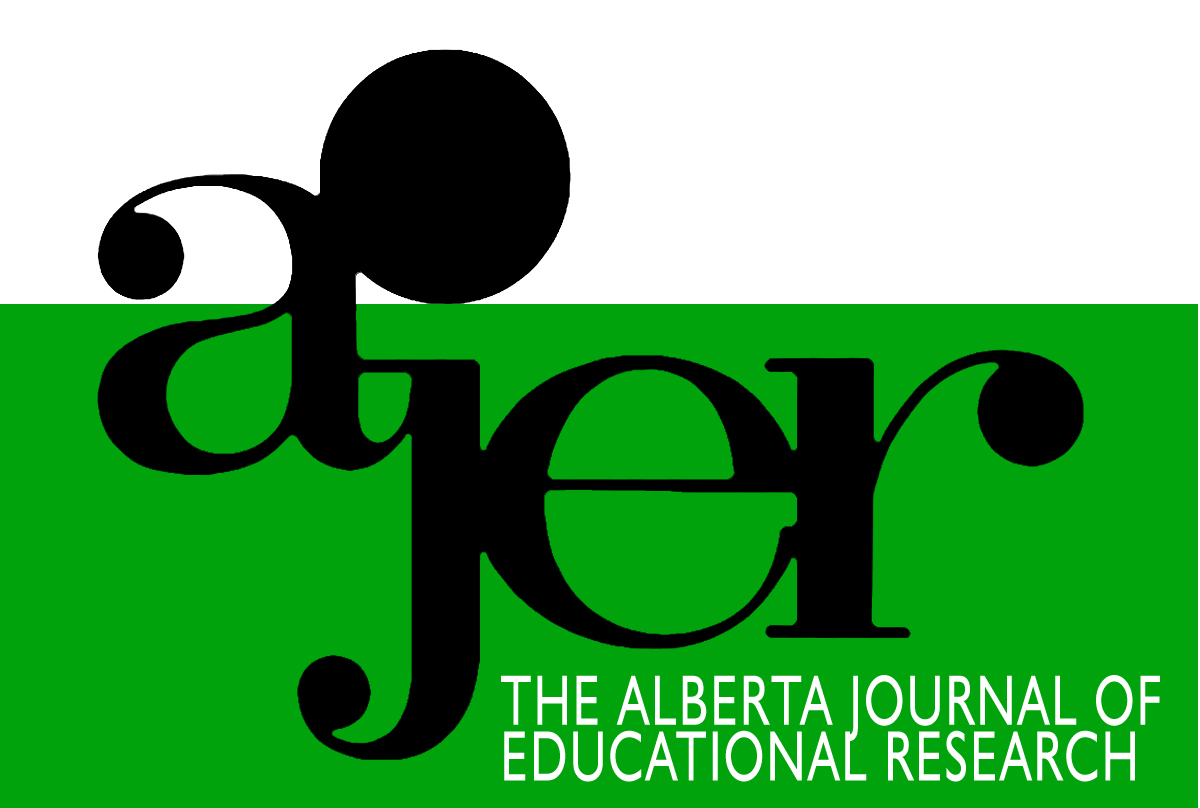Examining the Relationships between Primary School Principals' Power Styles and Teachers' Professional Behaviors
DOI:
https://doi.org/10.55016/ojs/ajer.v60i2.55829Keywords:
Power styles, teacher professionalism, school principal, teacher, primary schoolAbstract
The purpose of this study was to examine the relationship between primary school principals’ power styles and teacher professionalism. A total of 264 teachers employed in 10 primary schools in Kastamonu, Turkey, participated in this study. Kosar’s (2008) “Power Styles Scale,”and the “Teacher Professionalism Scale”—originally developed by Tschannen-Moran, Parish, and DiPaola (2006), and adapted into Turkish by Cerit (2013)—were used to gather data. The mean, standard deviation, correlation, and regression analyses were calculated to evaluate the data. The results revealed that teacher professionalism was positively and significantly related to personality and reward power, while being negatively and significantly correlated with legitimate and coercive power. The findings also showed that the power styles of school principals significantly predicted teacher professionalism. The outcomes of the study are discussed with respect to improving teacher self-efficacy.
L’objectif de cette recherche était d’étudier le rapport entre les styles ou processus du pouvoir des directeurs d’écoles primaires et le professionnalisme des enseignants. À cette étude ont participé 264 enseignants travaillant dans 10 écoles primaires à Kastamonu, en Turquie. L’article « Power Styles Scale » de Kosar (2008) et la « The Teacher Professionalism Scale » d’abord développée par Tschannen-Moran, Parish et DiPaola, et ensuite adaptée en turque par Cerit (2013), ont servi à la cueillette de données. Pour évaluer les données, on a calculé la moyenne, l’écart type, la corrélation et les analyses de régression. Les résultats indiquent que le professionnalisme des enseignants présente une corrélation positive significative avec le pouvoir du référent et le pouvoir de récompense, et une corrélation négative significative avec le pouvoir légitime et le pouvoir coercitif. Les résultats indiquent également que le style du pouvoir des directeurs est un prédicteur fiable du professionnalisme des enseignants. On discute des résultats de l’étude dans l’optique d’améliorer l’auto-efficacité des enseignants.
Downloads
Published
Issue
Section
License
UNIVERSITY OF ALBERTA COPYRIGHT LICENSE AND PUBLICATION AGREEMENT
If accepted, authors will be asked to sign a copyright agreement with the following points:
A. Where there is any inconsistency between this Copyright License and Publication Agreement and any other document or agreement in relation to the same subject matter, the terms of this Agreement shall govern.
B. This document sets out the rights you are granting in relation to publication of your article, book review, or research note entitled (the “Article”) through inclusion in the academic journal titled Alberta Journal of Educational Research (the “Journal”) published through the Faculty of Education, representing the Governors of the University of Alberta (the “Journal Editor”).
C. There will be no payment to you for this publication and grant of rights. In consideration of the agreement to publish the Article in the Journal:
1. You are warranting that:
- the content of the Article is your original work, and its content does not contain any material infringing the copyright of others; or, where the Article is not entirely your original work, you have obtained all necessary permissions in writing to grant the rights you are giving in this agreement;
- the content of the Article does not contain any material that is defamatory of, or violates the privacy rights of, or discloses the confidential information of, any other person;
- the Article has not been published elsewhere in whole or in part, and you will not allow publication of the Article elsewhere without the consent of the Journal Editor;
- the names of all co-authors and contributors to the Article are:
2. You agree to license the copyright in the Article to the Journal Editor, on a worldwide, perpetual, royalty free basis; and to the extent required by the terms of this agreement. You shall retain the right at all times to be acknowledged as the/an author of the Article.
3. You further agree that the Journal Editor has the entitlement to deal with the Article as the Journal Editor sees fit, and including in the following manner;
- The right to print, publish, market, communicate and distribute the Article and the Journal, in this and any subsequent editions, in all media (including electronic media), in all languages, and in all territories, ing the full term of copyright, and including any form of the Article separated from the Journal, such as in a database, abstract, offprint, translation or otherwise, and to authorize third parties to do so;
- The right to register copyright of the Journal;
- The right to edit the Article, to conform to editorial policy as the Journal Editor sees fit.
4. If any co-author or contributor to the Article does not sign this agreement, the Journal Editor reserves the right to refuse to publish the Article.



